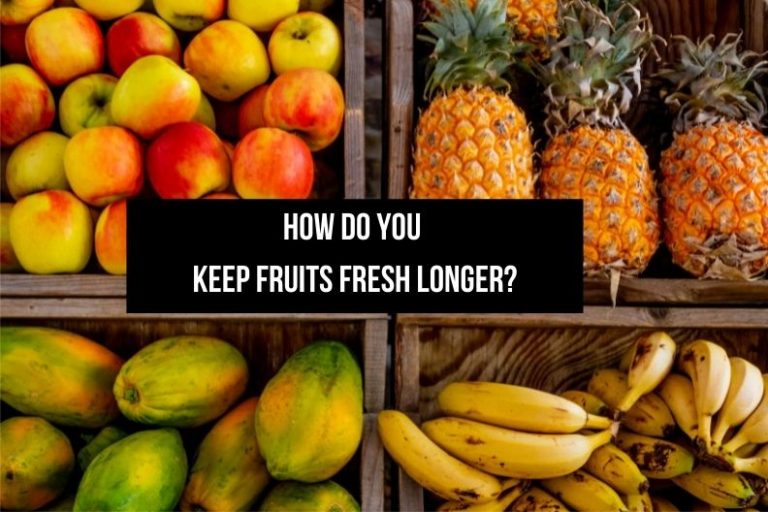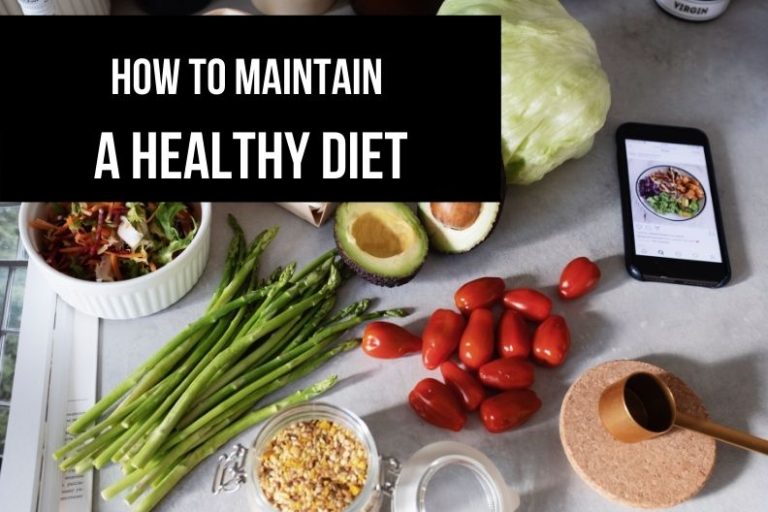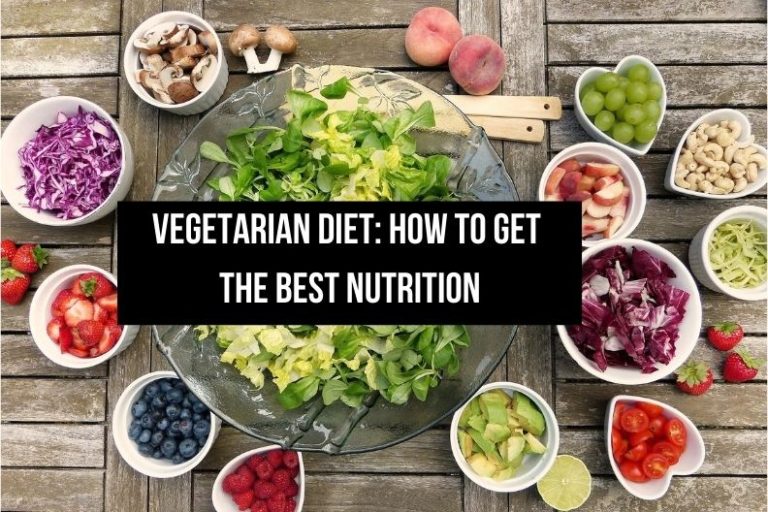The Best Superfoods for Boosting Metabolism
This post contains affiliate links. This means I will make a commission at no extra cost to you should you click through and make a purchase. Read the full disclosure here.
The Best Superfoods for Boosting Metabolism
In today’s fast-paced world, maintaining a healthy metabolism is essential for overall well-being and weight management. Metabolism refers to the complex chemical processes that occur within our bodies to convert the food we consume into energy. Some individuals naturally have a higher metabolism, allowing them to burn calories more efficiently. However, various factors can affect our metabolic rate, such as age, genetics, muscle mass, and diet.
Table of Contents
Understanding Metabolism
Metabolism plays a crucial role in weight management. It determines the number of calories we burn at rest, known as the basal metabolic rate (BMR). A higher BMR means more calories are burned, even during periods of inactivity. By boosting metabolism, we can increase the number of calories burned throughout the day, making weight management more achievable.
Factors Affecting Metabolism
Several factors influence our metabolic rate. Age is one such factor, as metabolism tends to slow down as we get older. Genetics also play a role, as some individuals naturally have a faster metabolism due to inherited factors. Muscle mass is another essential consideration since muscle burns more calories than fat. Therefore, incorporating strength training into our fitness routine can help maintain a healthy metabolism. Finally, our diet has a significant impact on our metabolic rate.
Superfoods for Boosting Metabolism
Green Tea
Green tea is known for its high content of antioxidants and catechins, which can promote fat oxidation and increase metabolism. It also contains a moderate amount of caffeine, which can provide a temporary metabolic boost.
Chili Peppers
Chili peppers contain capsaicin, a compound that gives them their spicy flavor. Capsaicin has been shown to increase metabolism and promote the burning of calories.
Ginger
Ginger has thermogenic properties, meaning it can increase body temperature and boost metabolism. It also aids digestion, which can indirectly affect metabolism.
Berries
Berries, such as blueberries and strawberries, are rich in antioxidants and fiber. They can help stabilize blood sugar levels and promote a healthier metabolism.
Whole Grains
Whole grains, like quinoa and brown rice, are complex carbohydrates that provide a sustained release of energy. They can help regulate blood sugar levels and prevent insulin spikes that can hinder metabolism.
Lean Proteins
Lean proteins, such as chicken, turkey, and tofu, require more energy to digest than fats or carbohydrates. Incorporating lean proteins into meals can help increase metabolism while providing essential nutrients.
Cruciferous Vegetables
Cruciferous vegetables like broccoli, cauliflower, and Brussels sprouts are high in fiber and low in calories. They require more energy for digestion, thereby boosting metabolism.
Nuts and Seeds
Nuts and seeds, such as almonds, walnuts, and chia seeds, are rich in healthy fats, protein, and fiber. They can help increase satiety and promote a healthy metabolic rate.
Citrus Fruits
Citrus fruits, including oranges, lemons, and grapefruits, are packed with vitamin C and fiber. They can support the body’s natural detoxification processes and aid in weight management.
Greek Yogurt
Greek yogurt is a great source of protein and calcium, both of which can contribute to a healthy metabolism. It also contains probiotics that support gut health.
Coconut Oil
Coconut oil contains medium-chain triglycerides (MCTs) that can boost metabolism and increase calorie burning. It is best consumed in moderation due to its high calorie content.
Turmeric
Turmeric contains curcumin, a compound with antioxidant and anti-inflammatory properties. It can help regulate metabolism and support overall health.
Apple Cider Vinegar
Apple cider vinegar has been linked to increased feelings of fullness and improved digestion. It may also have a modest impact on metabolic rate.
Cinnamon
Cinnamon has been shown to improve insulin sensitivity, which can help regulate blood sugar levels and support a healthy metabolism.
Incorporating Superfoods into Your Diet
To incorporate these superfoods into your diet, consider meal planning and recipe ideas. Meal planning can help ensure you have the necessary ingredients on hand, making it easier to incorporate superfoods into your meals. Additionally, try out recipes that incorporate these superfoods as main ingredients or as flavorful additions to your dishes.
Conclusion
Boosting metabolism is an effective way to support weight management and overall well-being. By incorporating superfoods like green tea, chili peppers, ginger, berries, whole grains, lean proteins, cruciferous vegetables, nuts and seeds, citrus fruits, Greek yogurt, coconut oil, turmeric, apple cider vinegar, and cinnamon into your diet, you can give your metabolism a natural boost. Remember to focus on a balanced and varied diet, exercise regularly, and maintain a healthy lifestyle to maximize the benefits of these superfoods.
FAQs
Can superfoods alone boost metabolism?
While superfoods can support a healthy metabolism, they are not a magic solution on their own. A well-rounded approach that includes a balanced diet, regular exercise, and a healthy lifestyle is essential for optimal metabolism and overall well-being.
How long does it take to see results from incorporating superfoods?
Results may vary depending on various factors, including individual metabolism and overall diet and lifestyle. Consistently incorporating superfoods into your diet, combined with other healthy habits, can lead to noticeable improvements in metabolism and overall health over time.
Are there any side effects of consuming these superfoods?
In general, these superfoods are considered safe and nutritious. However, individual sensitivities or allergies may exist. It’s essential to listen to your body and consult a healthcare professional if you have any concerns or experience adverse reactions.
Can supplements be used instead of whole foods?
While supplements can provide certain nutrients, it’s always best to prioritize whole foods whenever possible. Whole foods offer a wide range of essential nutrients, fiber, and phytochemicals that work synergistically to support health. Supplements should complement a healthy diet, not replace it.
Is exercise necessary for boosting metabolism?
Regular exercise is beneficial for boosting metabolism and overall health. Combining a balanced diet with physical activity, including both cardiovascular exercises and strength training, can maximize the benefits of a healthy metabolism.







